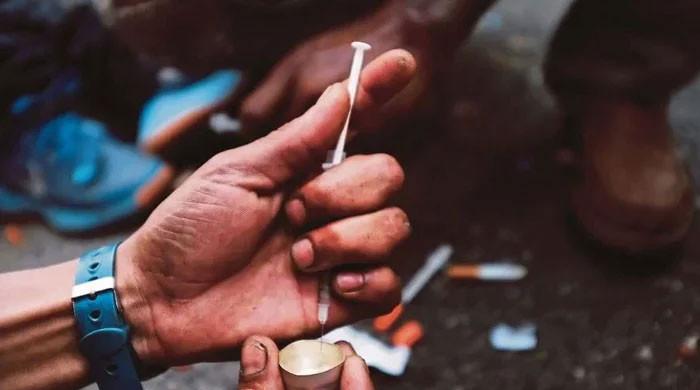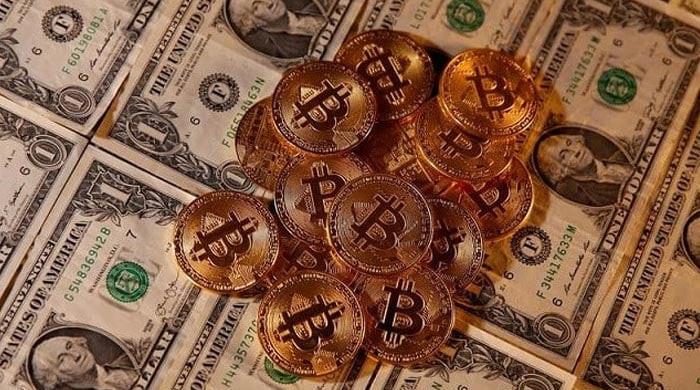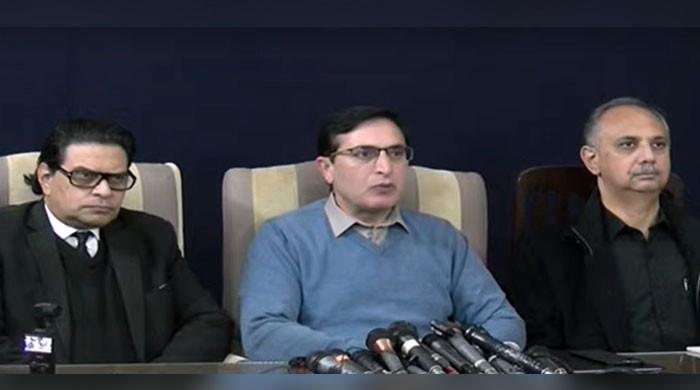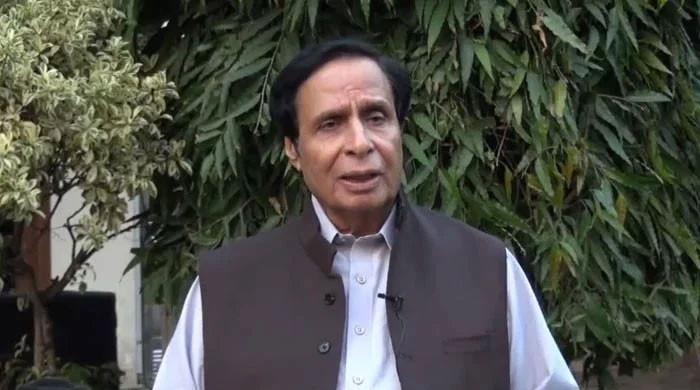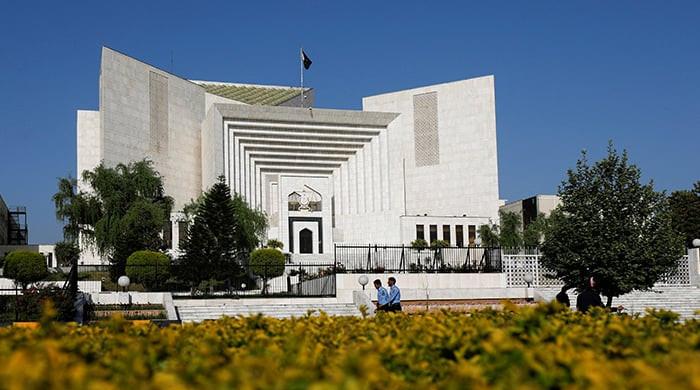Cabinet reshuffle: 'PM Imran wants to strengthen institutions, not individuals'
A few hours ago, Prime Minister Imran Khan reshuffled the cabinet after an FIA report held top PTI leaders responsible for the sugar, wheat crises
April 06, 2020
ISLAMABAD: Prime Minister Imran Khan wants to strengthen institutions, not individuals, said Dr Firdous Ashiq Awan on Monday, a few hours after the prime minister made important changes to the federal cabinet following an FIA report that mentioned some PTI leaders who benefited from the sugar and wheat crises in the country.
Referring to the prime minister's cabinet reshuffle, Dr Firdous said that the aim behind the decision was to 'introduce self-accountability' in the country.
Read more: Punjab Food Minister Samiullah Chaudhry resigns after meeting CM Buzdar
"The prime minister wants to strengthen institutions, not individuals," she said. "It can't be tolerated that the public's rights are usurped and that a particular group takes advantage of it," she added.
The press conference by the prime minister's media advisor came a few hours after PM Imran changed the portfolios of his cabinet members, the most notable shuffle being former food minister Khusro Bakhtiar being assigned the ministry of economic affairs.
On Saturday, an FIA report had said that senior PTI leader Jahangir Tareen and Bakhtiar's brother benefited the most from the sugar crisis that took place in January this year.
Saying that it was necessary to inform the masses about the premier's decision, Dr Firdous stated that PM Imran had become the voice of the 95% and that the government will take legal action against anyone found working against the masses' interest.
"The 5% elite have usurped the rights of the 95%," she said. "Putting an end to the hardships of the public is the government's topmost priority."
Dr Firdous said that the government was waiting for the forensic report on the sugar crisis which will be released this month. She said that PM Imran had proven that "there were no sacred cows" in the country and that no other government in Pakistan's history had taken such a decision before.
PM Imran vows action against profiteers after forensic report
The prime minister seems adamant on taking action against anyone found involved in the sugar and wheat crises as the premier took to Twitter on Sunday to say that he was awaiting the forensic report on the sugar crisis.
“After these reports come out no powerful lobby will be able to profiteer at the expense of our public,” he had tweeted.
“This is unprecedented in Pakistan’s history. Previous political leaderships because of their vested interests and compromises lacked the moral courage to order and release such reports,” he had further tweeted.
I stand with the prime minister: Jahangir Tareen
Reacting to the FIA report, Tareen said he stood with the prime minister and would challenge the investigation committee if it found him responsible for the sugar crisis.
"I'm in constant contact with the prime minister and I stand with him," Tareen had said, adding that he had provided 20,000 tonnes of sugar to utilities stores at Rs67 a kilo, saving the people Rs250 million.
"If I had not sold sugar at Rs67 a kilo, I'd have donated Rs250 million to the Prime Minister's Corona Relief Fund," he added.
Background of the sugar, wheat crises
In January, prices of wheat surged across the country after it emerged that the staple food's quantity had decreased significantly in markets across the country.
Read more: After wheat shortage, Pakistan now faces sugar crisis
The News had reported that the wheat crisis originated in Sindh and then spread to other provinces. It said that corruption probes against officials in the Sindh government discouraged many in the province from the procurement of wheat that would otherwise have increased existing surplus wheat stock. At one point, the reserve stock was as low as 0.2 million tons.
The problem was exacerbated by a decision to export 200,000 to 400,000 tons of wheat, keeping in view surplus stocks on the basis of estimates presented by the Ministry of National Food Security and Research, but the actual exports of wheat crossed 640,000 tons.
Shortly after the wheat crisis ended, sugar prices went up as the product was found scarce in short supply in markets across the country. Hoarding and an artificial increase in the prices of the commodity were cited as the main reasons for the surge in the prices of the product.





